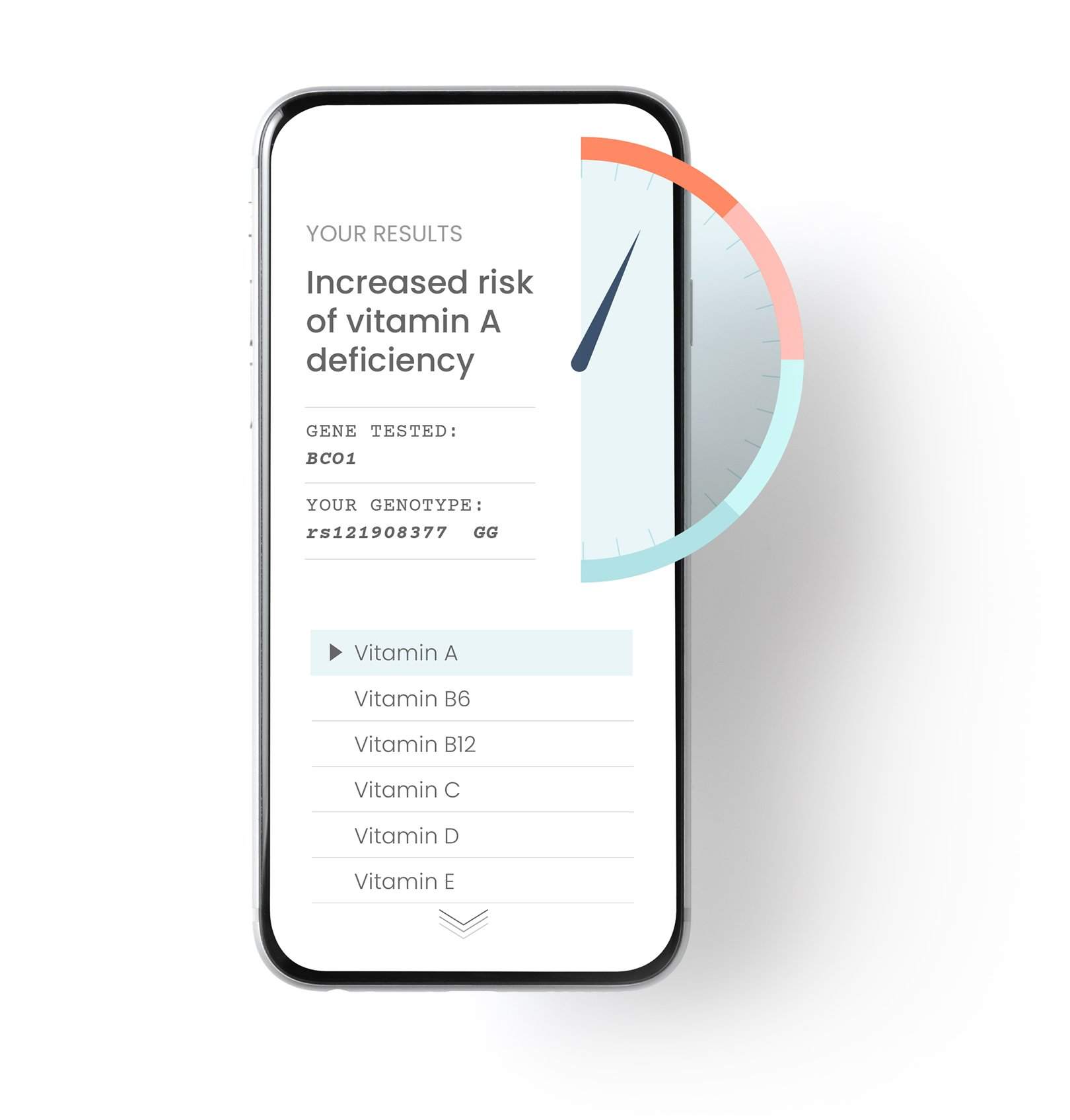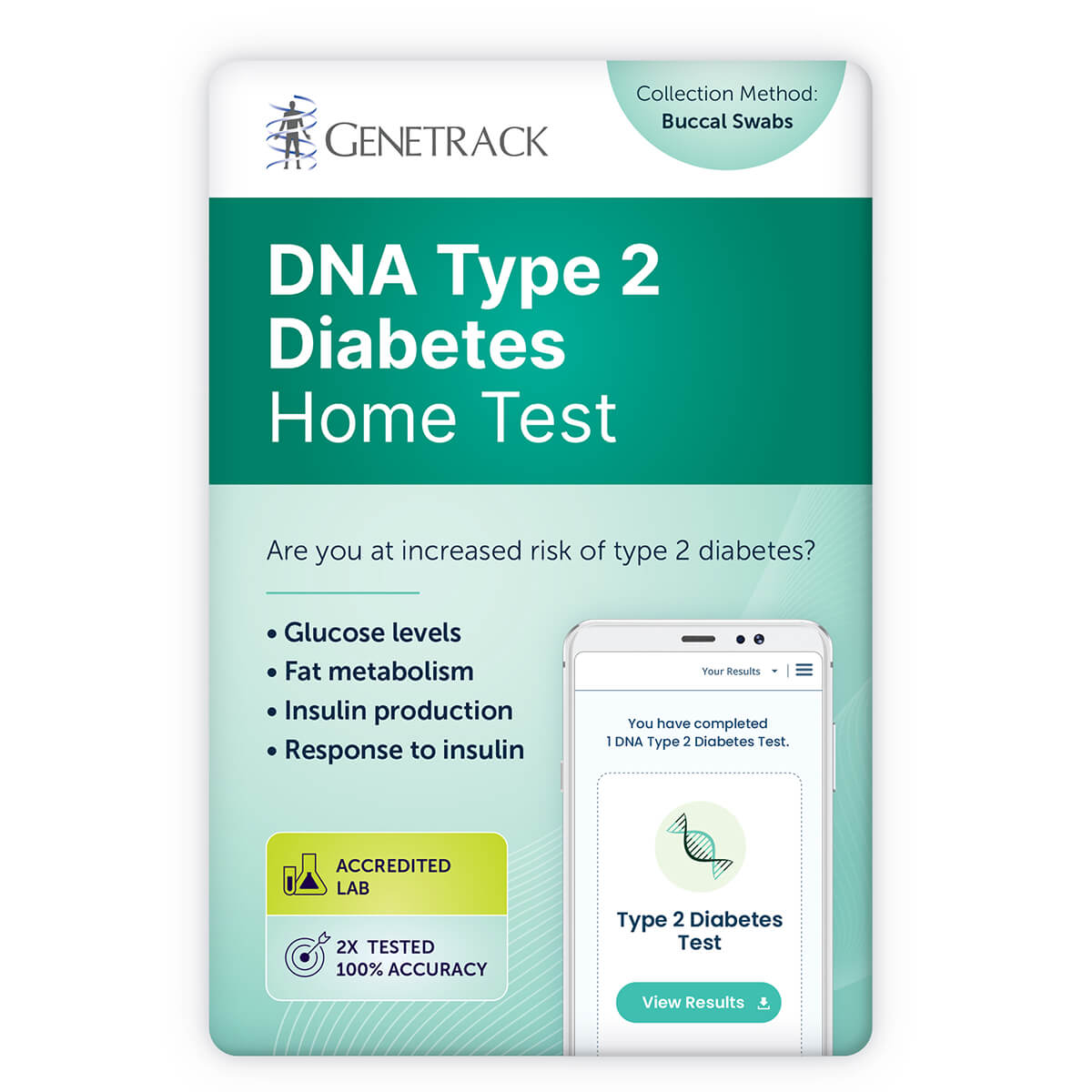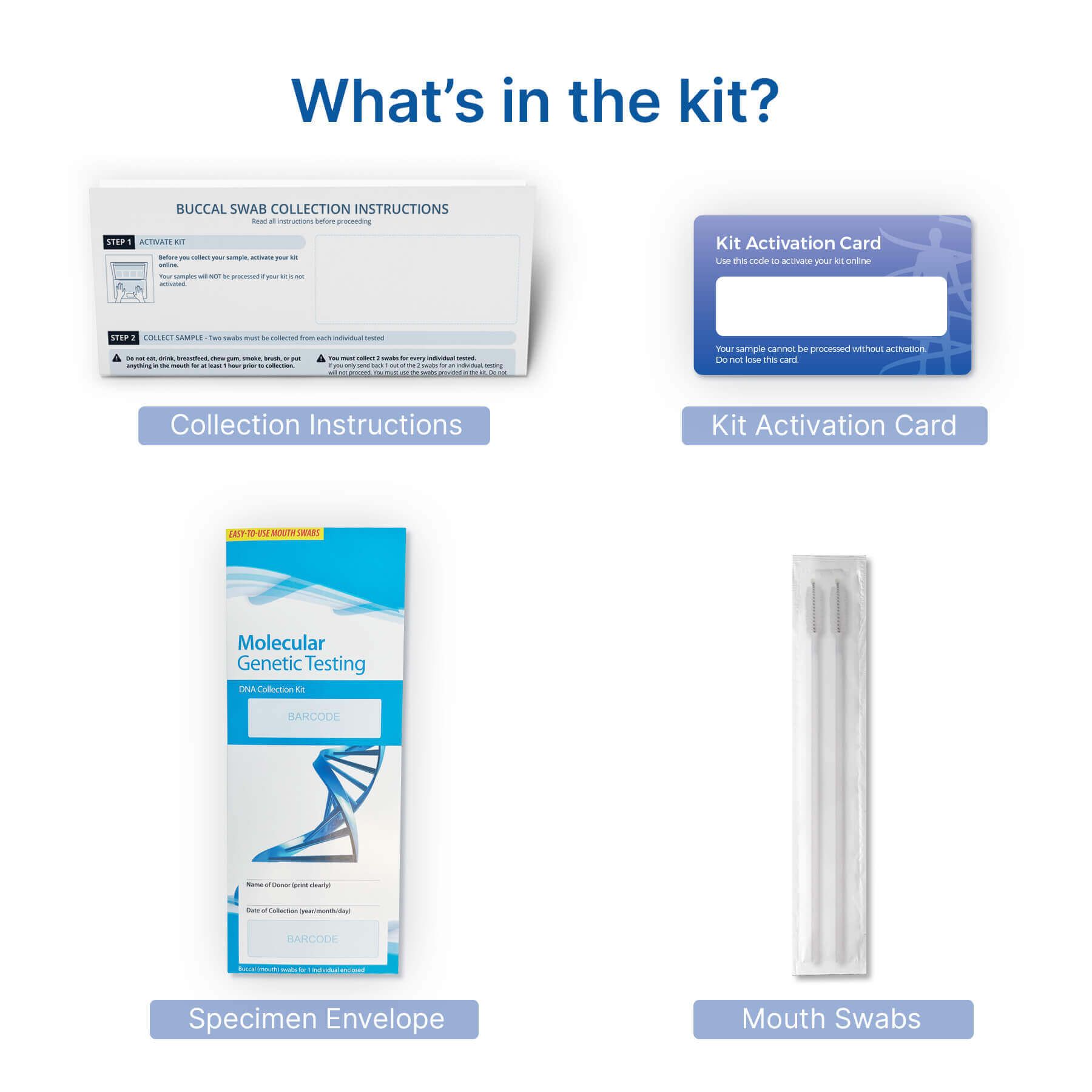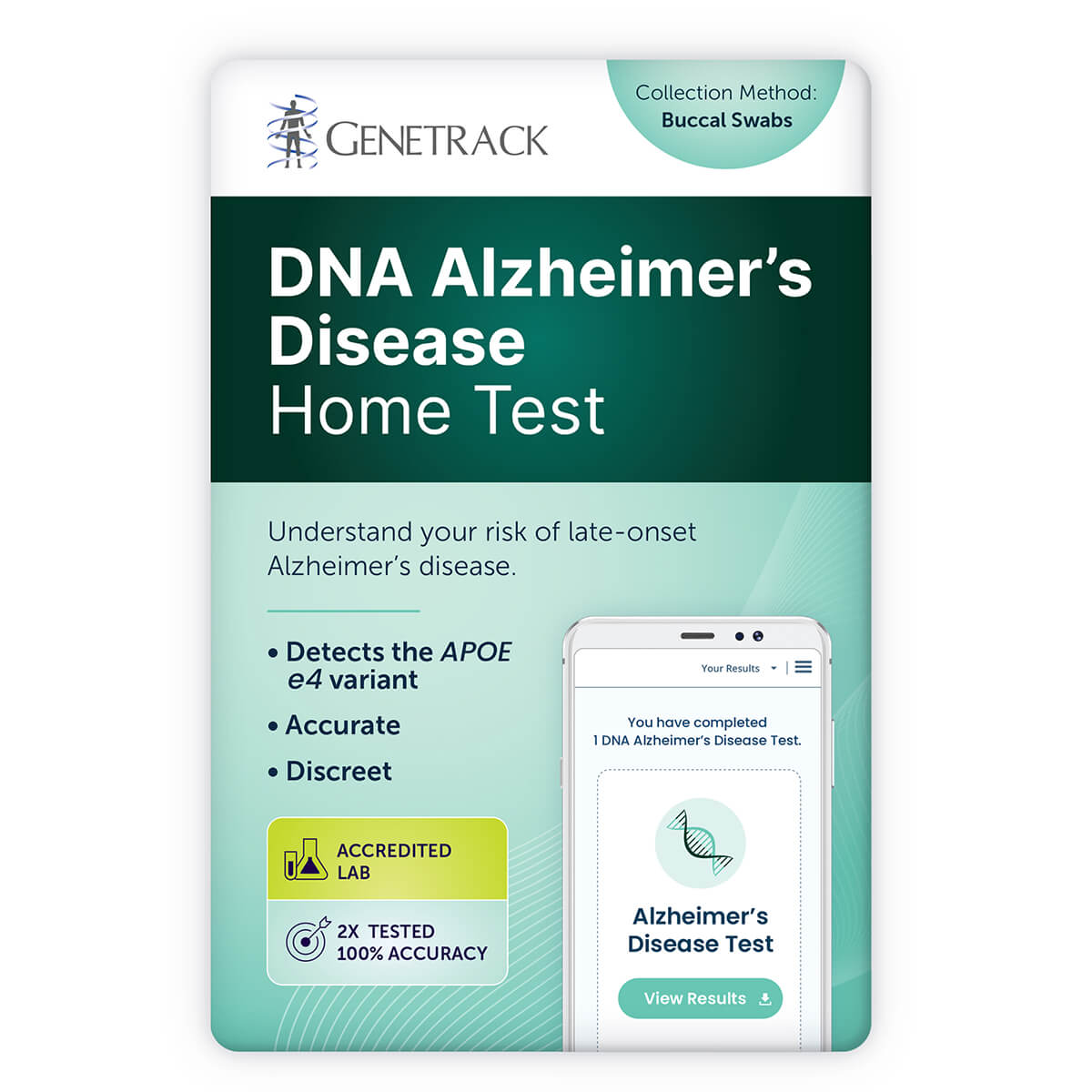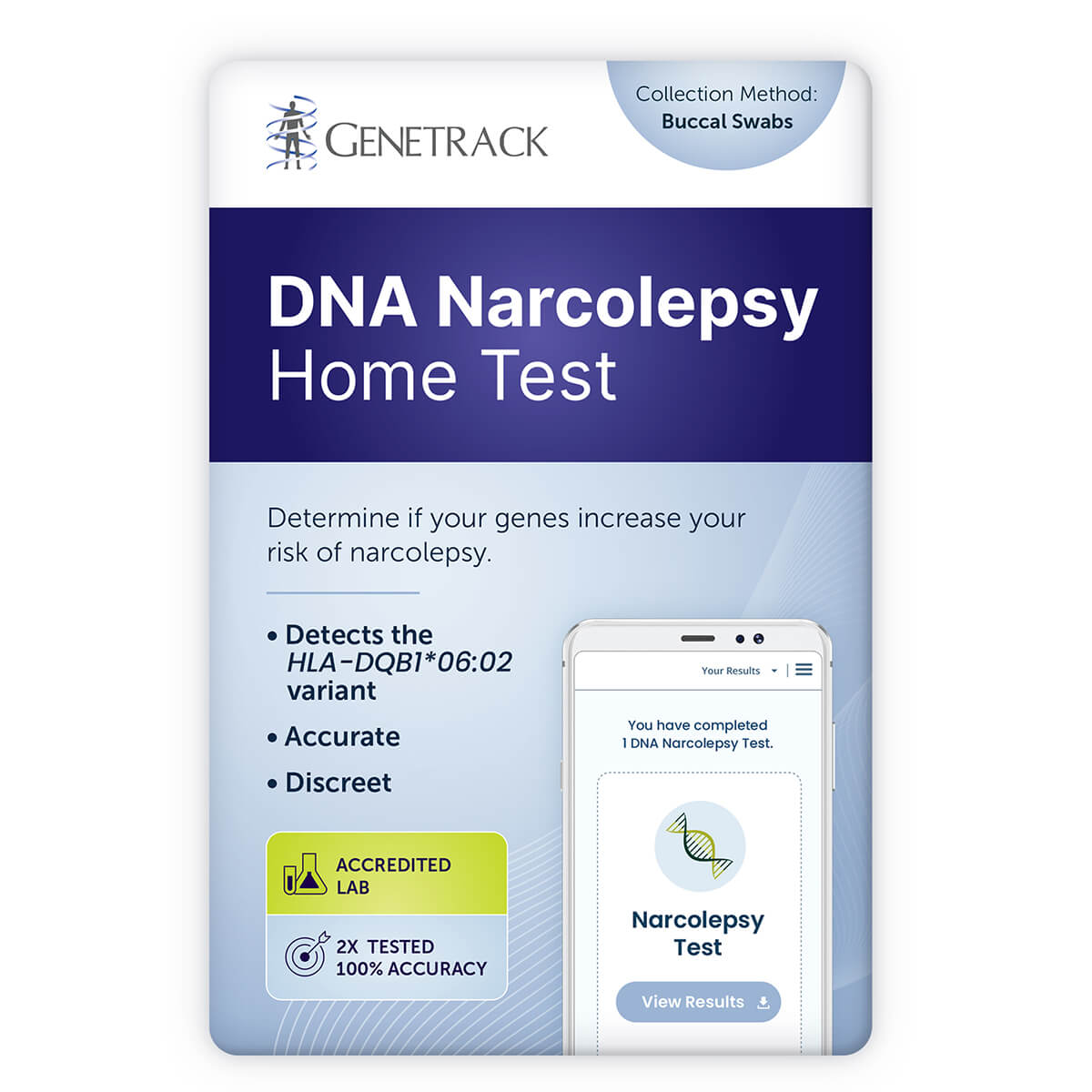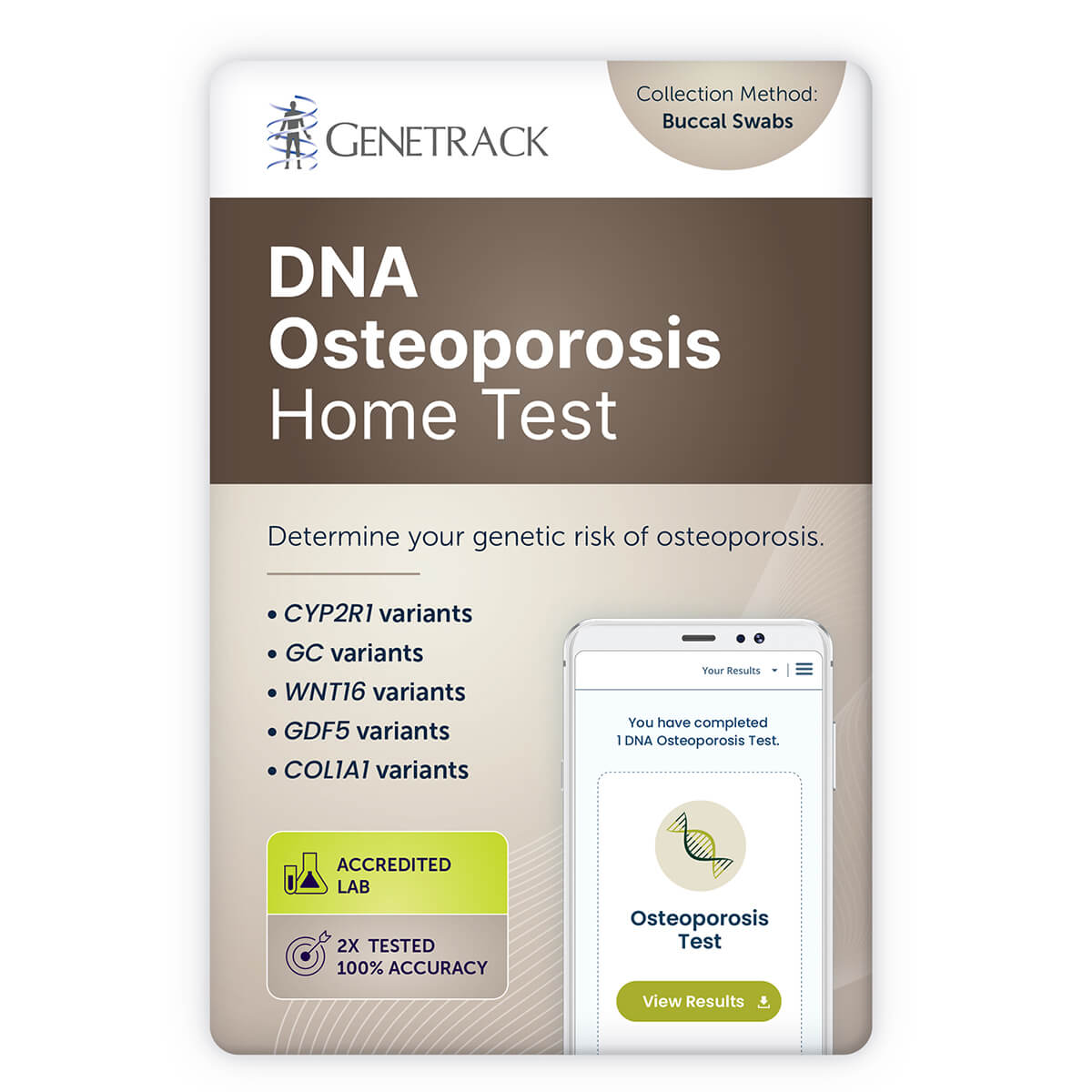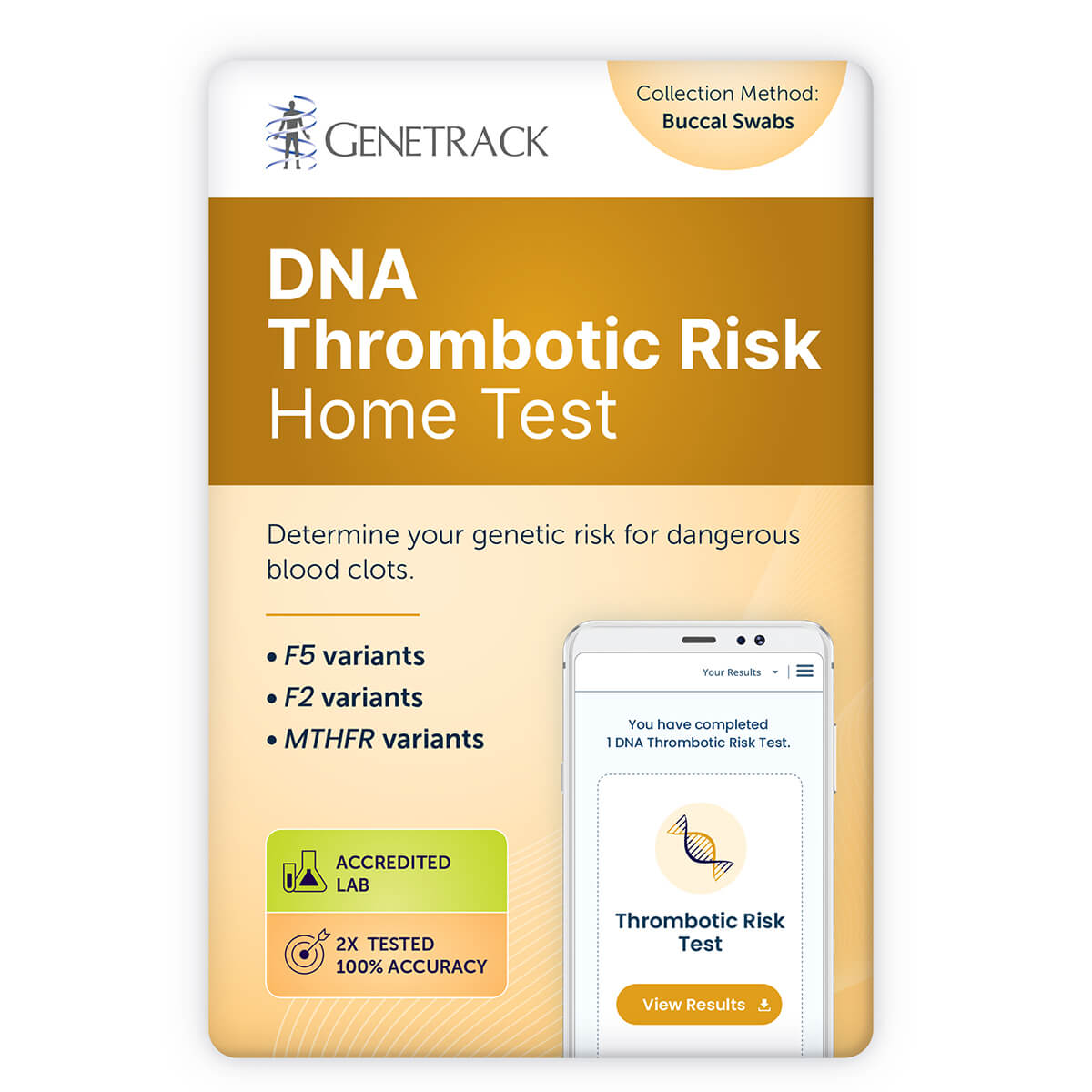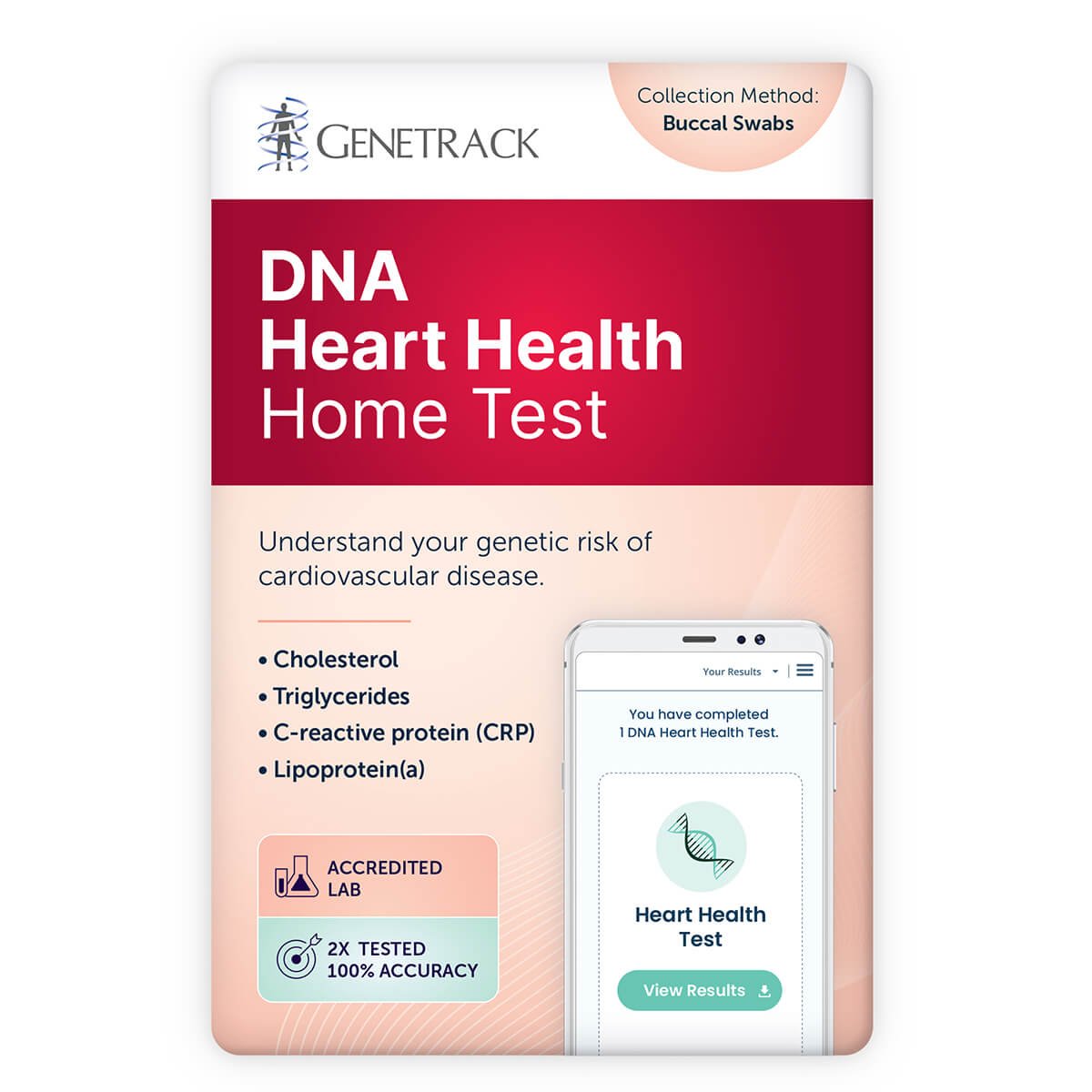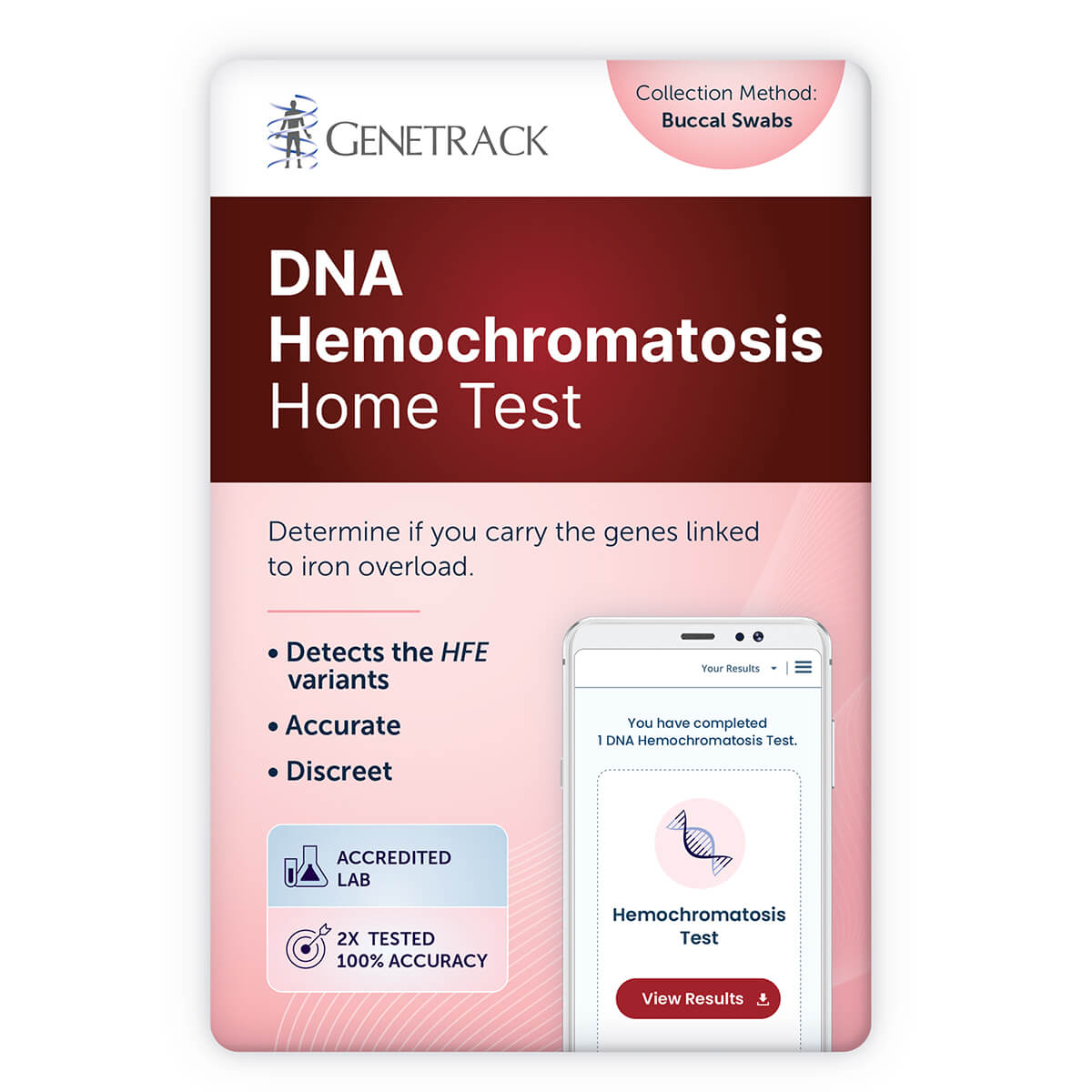DNA Type 2 Diabetes Test
Are you at increased risk of type 2 diabetes?
Find out your genetic likelihood of developing type 2 diabetes with our DNA test.- Detects over 40 markers associated with higher diabetes risk
- Examines factors affecting glucose levels, insulin production and response, and fat metabolism
- Easy at-home mouth swab sample collection
- Confidential online access to your results
₹45,410.00
AABB, ISO17025 & CLIA accredited lab
Understanding Diabetes
Diabetes is a medical condition where the body has difficulty processing glucose, which is the primary energy source. Insulin, a hormone, regulates blood glucose levels.
When you eat, and glucose levels rise, the pancreas releases insulin to store the glucose. If this process is disrupted and glucose levels remain high, it results in diabetes.
Differentiating Type 1 and Type 2 Diabetes
Type 1 diabetes arises when the body can’t produce insulin due to the immune system attacking insulin-producing cells in the pancreas.
In type 2 diabetes, the body produces insulin but doesn’t use it effectively. Over time, the pancreas produces more insulin to compensate, but eventually, it can’t keep up, leading to elevated blood glucose levels. This condition can lead to severe health issues like heart disease, stroke, kidney failure, and poor circulation.
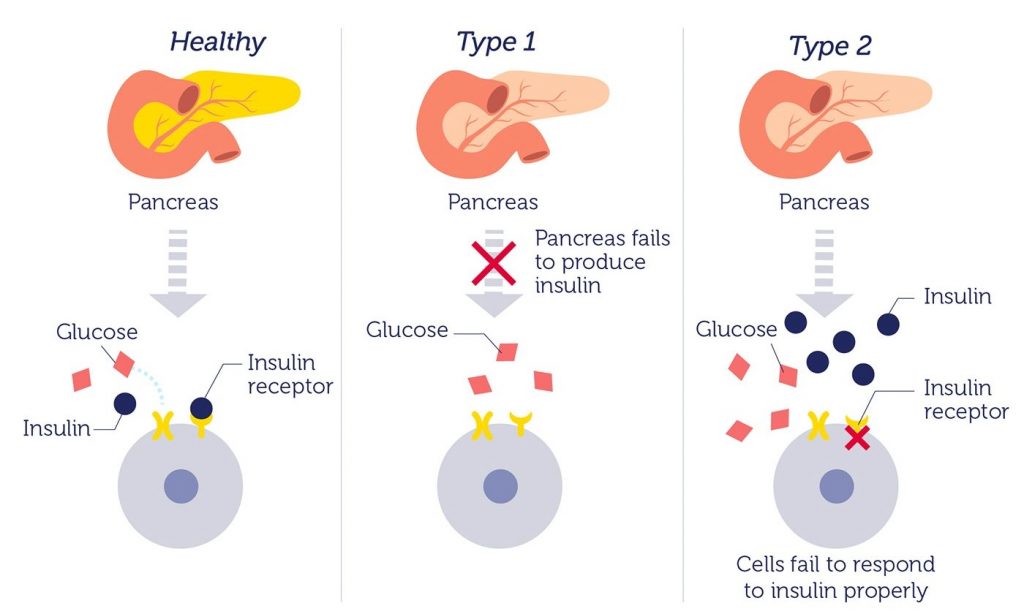
The Genetics
Your genes can influence glucose and insulin levels, how you process dietary fats, and your insulin response. By understanding the genetic factors that raise your type 2 diabetes risk, you can make informed lifestyle choices to lower your chances of developing the condition.
Genetic Variants Tested
- ACC2 – Reduced response to insulin
- ADCY5 – Inhibited insulin secretion
- FABP2, FTO – Increased absorption of saturated fats
- ADIPOQ, CRY2, FADS1, G6PC2, GLUT2, MTNR1B, PROX1, TCF7L2 – Elevated fasting glucose levels
- GCKR – Decreased fasting glucose levels
- GCK, HNF4A – Reduced pancreatic beta cell function
- GLIS3, IRS1, SLC30A8 – Disrupted insulin production, signaling, and storage
- SHBG – Increased binding of sex hormones
- MADD – Impaired conversion of proinsulin to insulin
- SOD2 – Increased production of reactive oxygen species
- HIF1A – Resistance to low oxygen levels
Type 2 Diabetes Risk Factors
Several factors can increase your likelihood of developing type 2 diabetes. These include:
- Being overweight, causing insulin resistance
- Excess fat, especially in the abdomen
- Sedentary lifestyle
- Certain ethnicities, including Africans and American Indians
- Elevated blood sugar levels
- History of gestational diabetes
- Polycystic ovarian syndrome
- Genetic factors
How Home DNA Testing Works

Order Test Kit
From relationship tests to health tests, we offer a wide range of DNA tests to fit your needs.

Collect & Ship
Collect your DNA with our painless mouth swabs, then send the samples to our laboratory for analysis

Receive Results
Access your confidential results online the moment testing is completed. Our team of experts is available for any questions.
Electronic Reports Delivery
